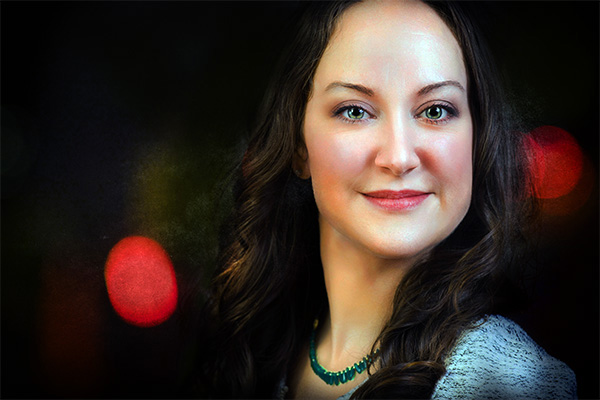
Introduction to Photography for Starters
For new photographers, understanding fundamentals is the foundation.
Knowing Your Equipment
The journey begins with your camera.
Whether you shoot with a compact point-and-shoot, the rules of exposure remain the same.
Spend time changing lenses or focal lengths. Knowledge of features reduces frustration.
The Importance of Light
Good lighting separates average photos from great ones.
Golden hour glow adds natural beauty.
Artificial sources help indoors.
Softness or hardness all affect mood.
The Art of Arrangement
Strong framing gives structure.
The rule of thirds make shots engaging.
Shoot through reflections. Unique framing give personality.
Practice and Patience
No one becomes skilled instantly.
Take photos of ordinary scenes. Practice makes settings natural.
Overexposed frames teach faster than success.
Improving Photos After Shooting
Editing is where style emerges.
Simple phone apps sharpen details.
Editing should support the story.
Publishing Photos
Images gain power when seen.
Online galleries provide encouragement.
Starting a blog adds professionalism.
Developing Your Voice
Over time, photographers develop style.
Experiment with minimalism or detail. Each adds to your toolkit.
Your style may evolve, and that is natural.
Pitfalls and How to Overcome Them
Ignoring light direction can be fixed easily.
Buying too much gear instead of learning skills creates frustration.
Awareness makes lessons stick.
Quick Pointers
- Always check your battery before leaving home.
- JPEGs are fine but less forgiving.
- Smudges ruin sharpness.
- Experiment with manual focus.
- Study what inspires you.
FAQ Section
Q: Do I need an expensive camera?
A: Start with what you have and upgrade later.
Q: How long until I improve?
A: Improvement depends on practice.
Q: Is editing cheating?
A: All professionals edit to some degree.
Q: Should I always follow rules?
A: Learn them first, then break them creatively.
Closing Words
Photography is not a race but a more info lifelong pursuit.
Experiment boldly. With dedication and persistence, your photos will improve.
Whether for fun or career, momentum creates growth.
Understanding Photographers
Photographers record memories.
Hobbyists look at the world differently.
Photographers specialize in unique areas, such as portraits. get more info Each requires different techniques.
Great photographers develop patience.
What Photographers Use
Skill outweighs equipment, but good gear helps.
Cameras
Compact point-and-shoots serve different purposes.
Point-and-shoots are simple and accessible.
Lenses
Different lenses tell different stories.
- Macro lenses reveal tiny details.
Understanding lens purpose teaches photographers versatility.
Tripods and Stability
A steady shot improves sharpness.
Lighting Equipment
Speedlights add portable control.
Helpful Tools
- Extra batteries are essentials that prevent problems.
- Protective cases help photographers stay mobile and organized.
- Drones expand creative options.
The Balance Between Gear and Skill
Gear supports creativity, but talent drives results.
Learning exposure, composition, and light is more important than chasing new models.
Developing as a Photographer
Experimenting with different gear teaches flexibility.
Asking for critiques keep learning fresh.
Where Photography Is Headed
New cameras bring higher quality, yet creativity keep reading will always matter.
Computational photography offer new creative options.
Still, the essence remains: capturing light, telling stories, and expressing ideas.
Conclusion About Photographers and Gear
Knowledge, practice, and patience make the real difference.
The best advice remains simple: learn, practice, and keep shooting.